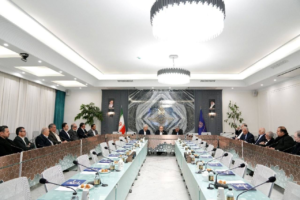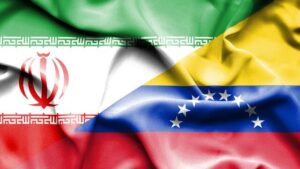Mina Azhough, the deputy director of the FDA’s Department of Medicines and Controlled Substances, made the remark on Monday following complaints over the absence of those drugs.
She expressed concern over the shortage of the vital medicines, acknowledging that every day of delay can have irreparable consequences for the health of the patients.
The cruel sanctions imposed on our country have disrupted the process of importing or supplying these vital medicines as the curbs made it very difficult to transfer funds to European and American manufacturing companies, Azhough explained.
According to the official, the process has become problematic despite the FDA’s allocation of the required foreign exchange to the importing domestic company. “The problem is not limited to Vimizim and Naglazyme but many other special drugs are facing similar challenges,” she said.
The official noted that the Food and Drug Administration has been following up the issue with relevant departments so that patients can access their vital medicines at the earliest.
Vimizim is used to treat patients with mucopolysaccharidosis type IVA (MPS IVA, also known as Morquio A syndrome), an inherited metabolic disease that causes body losses, abnormal bone growth, and short stature. Naglazyme is used to treat mucopolysaccharidosis type VI, a disease that causes tissues and organs to become enlarged and scarred.
Economic sanctions, mainly imposed led by the United States in the past several years, have hampered the delivery of medicine necessary for patients with chronic diseases in Iran.







